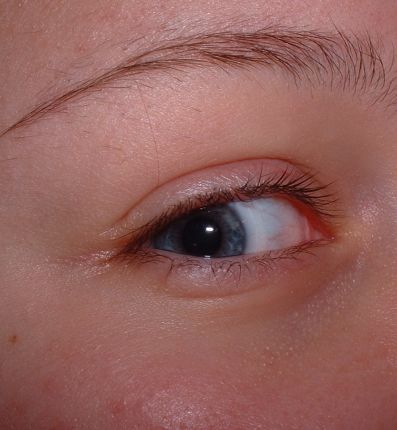Eye Exam – When Do You Need to See an Eye Doctor?

Eye exams are more than just getting your vision checked every once in a while. You may need an eye exam due to other health conditions, infections, and even to prevent vision-related complications.
Here are some instances when you need to see an eye doctor:
Vision Problems
If you can’t see clearly or have begun to have blurred vision; it is obviously time for an eye exam. Difficulty seeing objects or words clearly can indicate farsightedness, nearsightedness, or astigmatism. These are common conditions that make it difficult to see things clearly with your eyes. If you correct the problem as it starts to manifest, you can prevent further deterioration of your vision in most cases.
Some people find it difficult to see clearly at nighttime only while others find it problematic to adjust their eyes well from light to dark and vice versa. If you have persistent headaches then it can be due to vision-related problems.
If you see halos or need to squint when reading something then it is time for an eye exam. People can have problems seeing clearly due to cataracts also. It requires prompt treatment to provide relief from the discomfort. An eye exam can help the doctor diagnose cataracts and treat the same as needed.
When scheduling an eye exam, it is important to see a doctor who is qualified and experienced. For instance, if you need an eye exam in Colorado Springs; look for a board-certified ophthalmologist in Colorado Springs or around your local area offering comprehensive eye-related treatments.
Infections
If you frequently have redness in the eyes, an eye exam can’t hurt. Red eyes can be indicative of infections. Other signs of infections are itchy or watery eyes. Any unusual discharge from the eyes can also indicate an infection. Pain or a burning sensation in the eyes can be due to fatigue or infections.
Infected contact lenses can also cause redness in the eyes. Infected lenses can also affect the corneas, a condition requiring immediate eye exam.
Eye Pressure
Glaucoma is a common condition characterized by undue eye pressure. If you experience excessive pressure in your eyes accompanied by headaches or nausea; it is time to schedule an eye exam. You can also experience redness and pain in your eyes along with the eye pressure. When you experience these symptoms, an eye exam becomes necessary to rule out glaucoma. Without treatment, the condition can progress and cause vision-related complications.
Strain
If you have begun to frequently experience strain in your eyes, an eye exam can be helpful. It can help you determine the cause of the strain and seek treatment without delay. Eye strain can be a sign of vision loss also. It can also occur due to fatigue. Those who spend a lot of time working with computers or small tools often experience strain in their eyes. An eye doctor can provide a clear diagnosis or prescribe medicines to provide relief from the strain.
Medical Conditions
Diabetes can cause complications in the eyes. So, if you have diabetes, regular eye exams can help you prevent any vision loss. Problems with circulation can also increase the risk of glaucoma. Viral infections can affect vision. Rheumatoid arthritis can cause dry eyes. Thyroid problems can affect eye health. Tumors or cancer or around the eyes can also affect your vision. These conditions warrant regular eye checkups with a qualified ophthalmologist.
Age
Those who are older than 60 must go for eye exams at least once every year if they do not have any problems with their vision. In case of any eye problems, they must follow their doctor’s instructions for scheduled checkups.
Those without any vision problem and in the age range of 20-50 must see their eye doctor at least once every few years. A good rule to follow for eye exams is to schedule it every five years just to keep any complications at bay or simply follow your doctor’s recommendations. If you have a family history of vision problems or eye diseases, talk to an ophthalmologist about the right schedule for your child’s eye exams.

